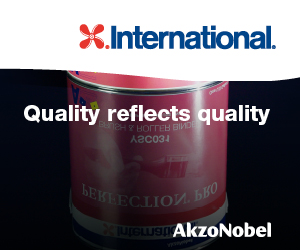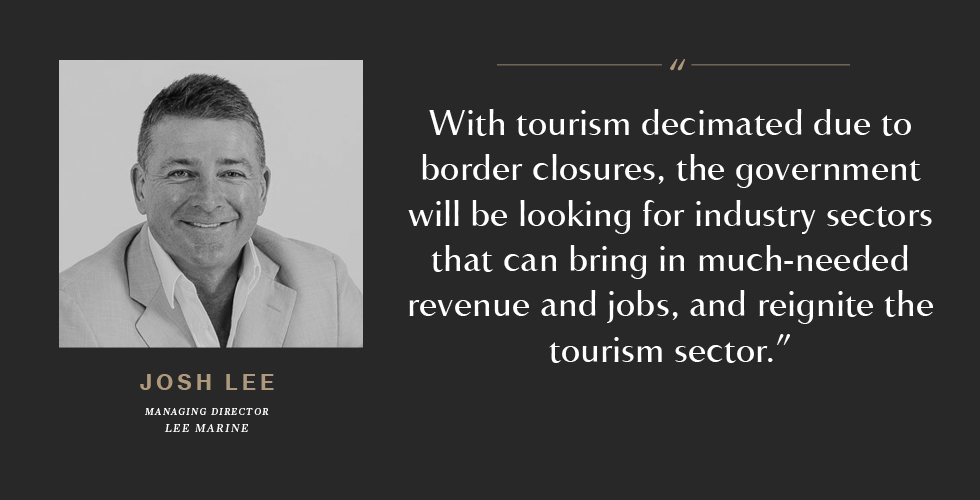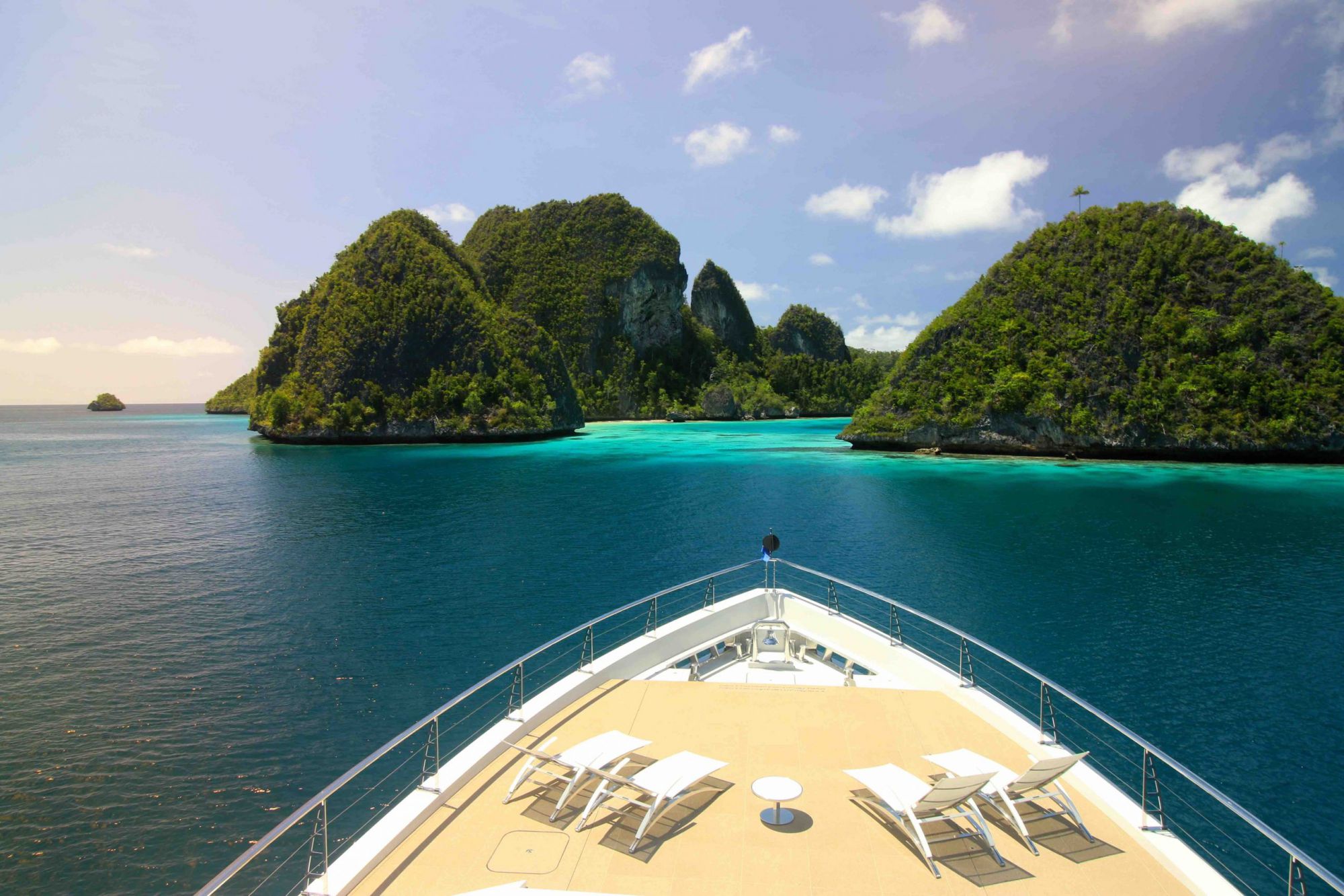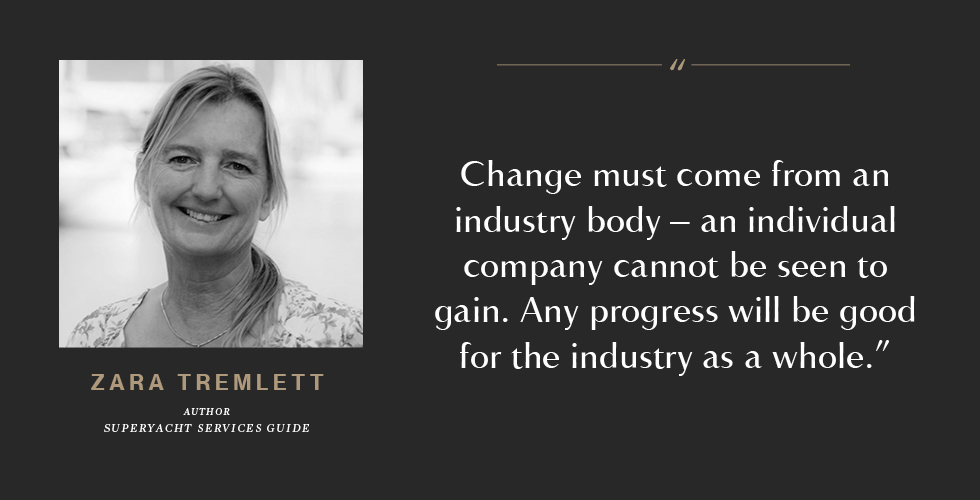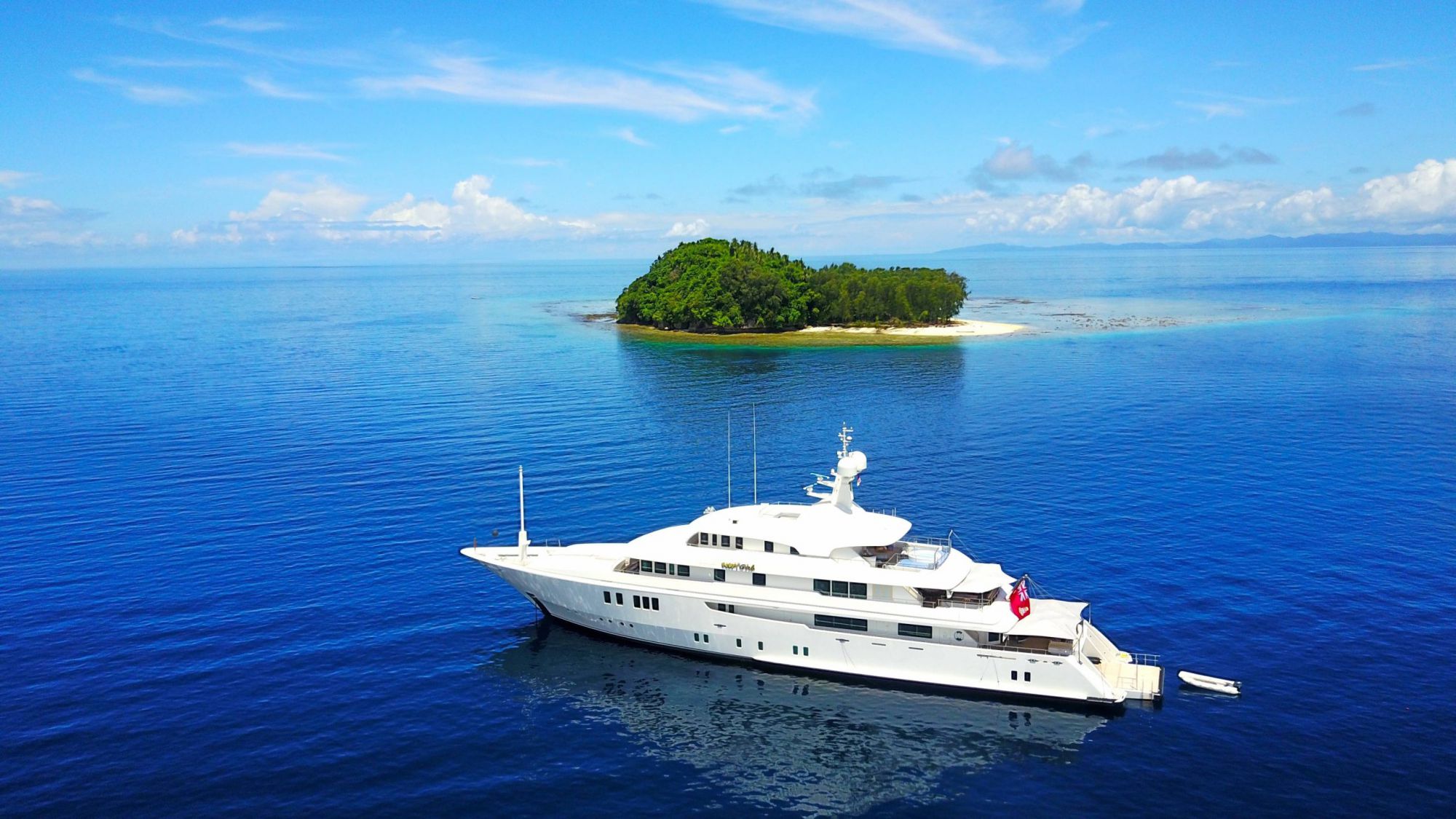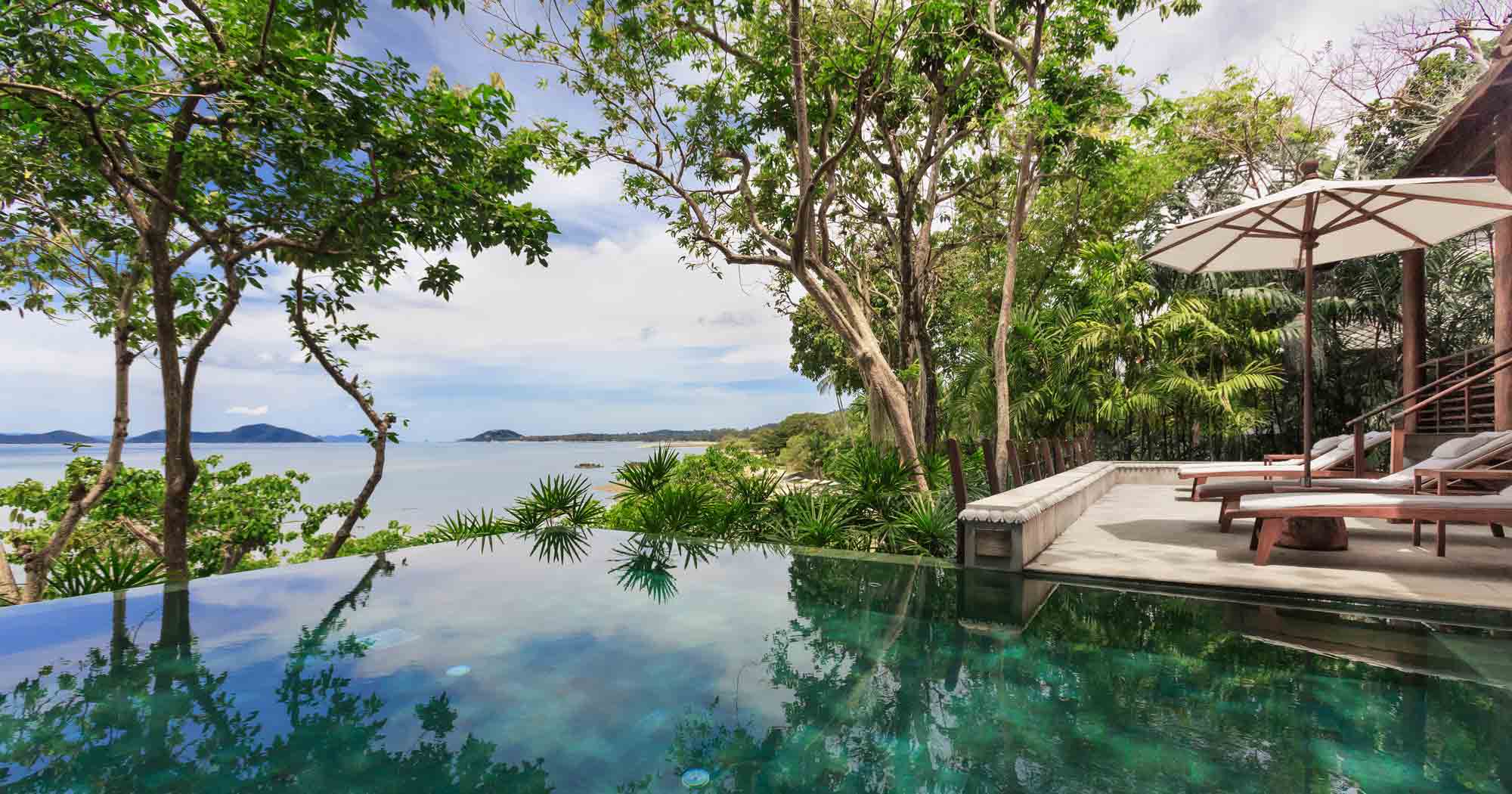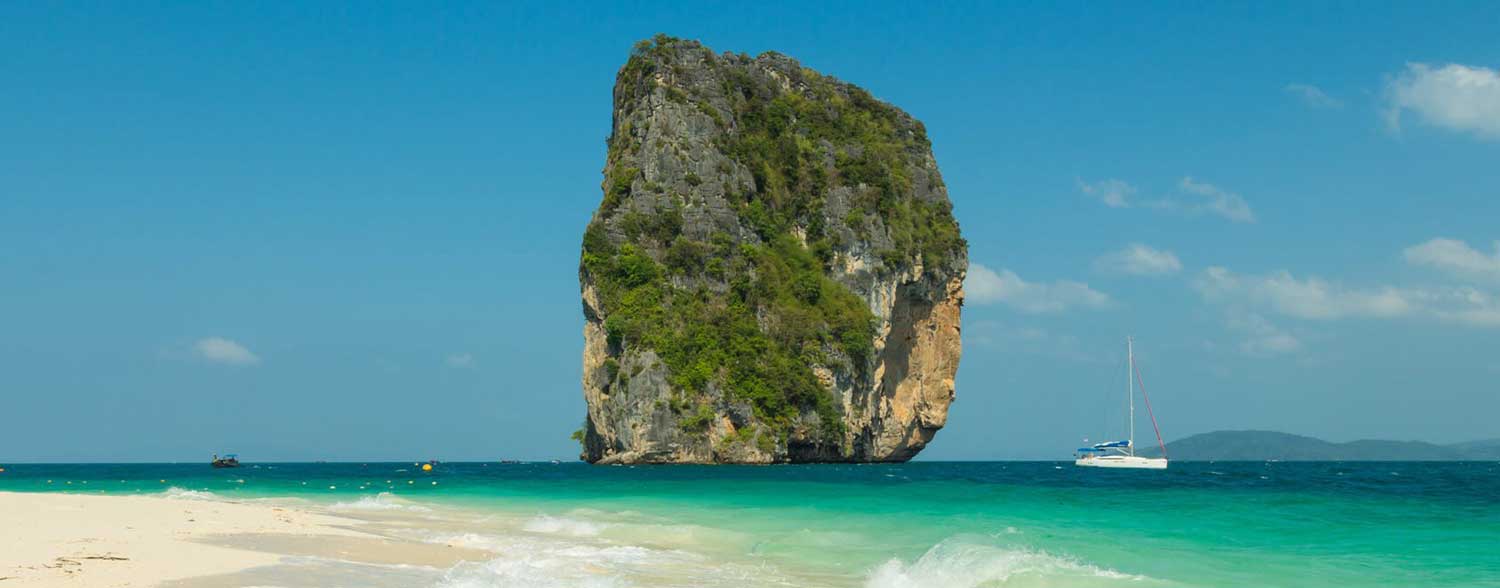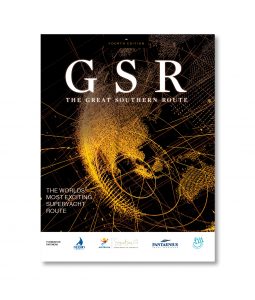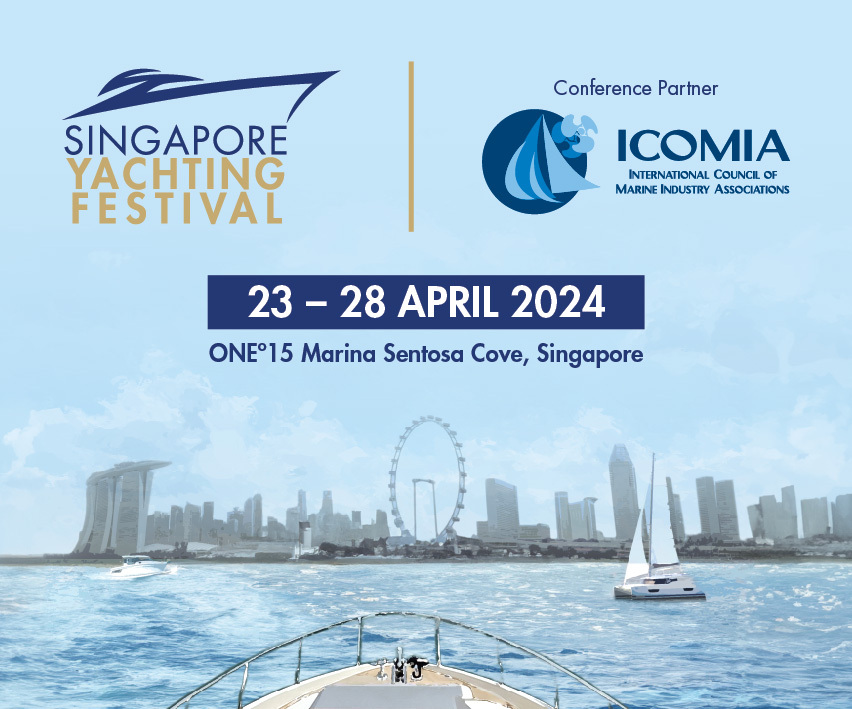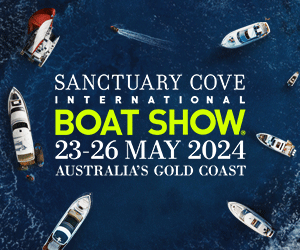Asia – a world of possibility (Part IV)
In the final of this series, Ocean calls for a relaxation of charter rules to reinvigorate tourism, boosting revenue and jobs for the industry and the region.
Written by MaryAnne Edwards
08 July 2020
The current COVID-19 crisis has changed the attitude of high-net-worth individuals (HNWIs) in regard to travel, and the option of chartering a yacht is certain to emerge as a key option by many. However, not being able to charter an internationally-flagged vessel in Asian is naturally seen as a barrier to growth within the region.
No economic impact study has yet been undertaken for any ASEAN country in terms of the value of the superyacht industry. Such a study – properly funded and delivered to a set timeline – would be extremely valuable in the continued push for charter in Thailand, Japan, Indonesia and other parts of the region.
An economic impact study provides the government with an unbiased, professionally prepared report on the economic value to the country in terms of revenue and much-needed jobs. Such reports are hard to ignore.
The big catalyst that changed the scene in Australia was the development of the economic impact study. This was the impetus government needed and with a strong, united industry body pushing it forward, positive outcomes were finally achieved. Australia is now reaping the benefits.
Thai focus
Thailand is where most of the work has been undertaken to drive a relaxation of the charter rules. The ability to charter in Thailand would benefit the entire Asia–Pacific region, making it a very strong and desirable destination while attracting the global superyacht fleet.
After an enormous amount of work and numerous meetings with government officials, Andy Treadwell has put this on the Thai government’s radar.
In talking with Andy, it appears to have been a long, frustrating and expensive process. (Having worked on this issue for ten years in Australia and being familiar with the cost of lobbying, I can only sympathise with him.)
With key stakeholders in Thailand now looking beyond COVID-19, a relaxation of the charter rules appears firmly on their agenda. Josh Lee, Managing Director at Lee Marine, also agrees now is the time to revitalise this push to be able to charter legally in Thailand.
He notes with tourism decimated due to border closures, the government will be looking for industry sectors that can bring in much-needed revenue and jobs, and reignite the tourism sector. Josh emphasised the need for the industry to be united and stressed: “a Thailand-based organisation must be the face of this lobby to government.”
Taking it up a level
Both Matthew Na Nigara, Chairman of the Thai Yachting Business Association (TYBA) and Vincent Tabuteau from Fraser Yachts Phuket (also a board member of TYBA), confirmed this issue was on the association’s agenda.
Like many trade associations, funding is always an issue and with no paid person running the organisation, it is difficult to get things done. Moreover, the TYBA is not superyacht specific – there are other industry segments under the TYBA umbrella, all with their own interests and issues.
Instead, a separate focused superyacht committee with a chair who understands the issue and where it currently sits with the government is imperative. A strong, focused, single message is what government wants to hear.
There are several key stakeholders, all members of the TYBA and champions of the cause, who are aware of Andy Treadwell’s work and can come together to form this group. It would be a united force to be reckoned with, and in talking with the industry in Phuket, they are keen to start the ball rolling too.
Superyacht Australia also set up a specific group to address this issue in Australia, comprising key stakeholders versed in the history of the issue and with a strong commitment to do what they needed to make this happen. This involved many visits to ministers, discussions with key influencers and bureaucrats, and the development of an economic impact study.
The squeaky wheel eventually gets the oil and in 2019, the federal government passed legislation that allowed foreign-flagged vessels to charter in Australia. A ruling that has already seen a significant economic benefit in revenue and jobs for the country.
David Good, CEO Superyacht Australia, said: “In 2019, visiting foreign superyachts injected an estimated $64 million in direct spend into Australia – a 60 percent increase on 2018 – and we predict this to increase by a further 300 percent over the next three years, largely thanks to the ability to charter.”
Obvious gain
No doubt, the economic benefit to Thailand if they were allowed charter is significant. Zara Tremlett in Phuket agrees: “The Thai Yachting Business Association (TYBA) was relaunched when Thailand decided to hold its own Yacht Show back in 2015. They have been lobbying for several years to get foreign-flagged yachts to be able to come to the kingdom and charter.
“Various proposals have been put forward to the Revenue Department, trying to find a satisfactory solution for collecting tax based on a combination of Fiji, New Zealand and Australia’s new regulations.”
Tremlett says, “Change must come from an industry body – an individual company cannot be seen to gain. Any progress will be good for the industry as a whole.”
Gordon Fernandes is also a firm believer that relaxation of the charter rules is essential: “Not being able to charter simply here in Thailand is a massive barrier to growth in the industry and to growth in ownership.
“Charter is critical for Thailand and the rest of Asia as it provides the introduction to the superyacht lifestyle. Moreover, the more boats that are owned by Asians, the more the ability to charter will lead to more people loving the lifestyle a boat provides.
“Many people in Asia disliked the rocking and rolling of a boat, but technology has changed considerably over the years and zero speed stabilisers have added to the enjoyment of boating. Wifi capabilities have also meant people can stay connected and work from their boats.
“There is a growing demand for charter in the region. Opening up Thailand to charter would create much-needed jobs. We are already seeing far more Thais being employed in the industry compared to five years ago.”
While the Thai Minister of Transport granted a foreign superyacht a ‘charter licence’ in 2016 to give a sense of purpose to the newly launched Thailand Yacht Show, their own Revenue Department (tax office) still requires the owner to import their yacht into Thailand first – and pay tax on its total value.
This is clearly a non-starter and has completely negated any benefits of obtaining the licence in the first place. The key now is to persuade the Revenue Department that it would be better to allow yachts to come in and charter, and then just collect taxes on the charter revenue. They would already be automatically collecting tax on all the yacht’s spend on fuel, provisions, excursions, refit and repair etc, amounting to hundreds of millions of dollars.
The next step?
Now is the opportune time for the industry in Thailand to raise this issue once again with government. The superyacht industry meets the criteria for the new Thailand Tourism strategy of quality not quantity of tourists. The strategy also focuses on high-spend, low-impact tourism. The superyacht industry meets all these requirements.
The government has seen the effects that mass tourism has had on the environment and understands the need for change. Relaxing the rules around charter will bring into Thailand the boost in revenue and jobs the country so desperately needs. It will also be a huge benefit for the entire Asia–Pacific region.
One thing is for sure: we will all be keenly watching this space.
To read more about cruising South-East Asia – and discover some of the most exciting and often unexplored cruising grounds in the world – visit The Great Southern Route, Ocean Media's guide for superyachts.
The Magellano Collection


